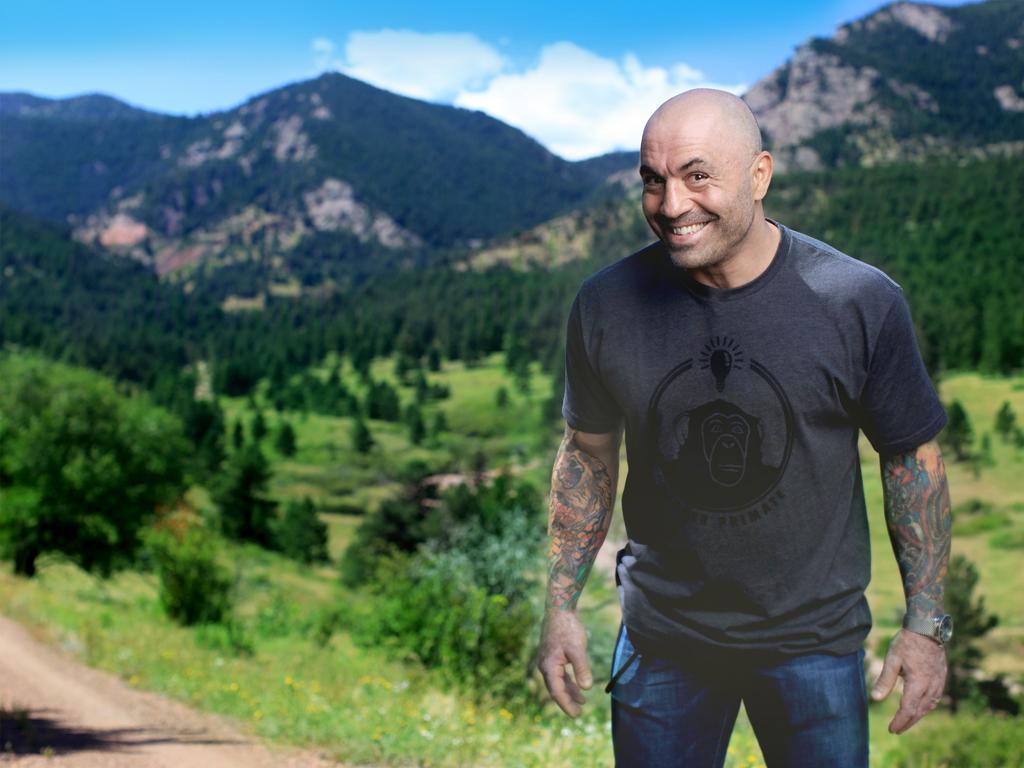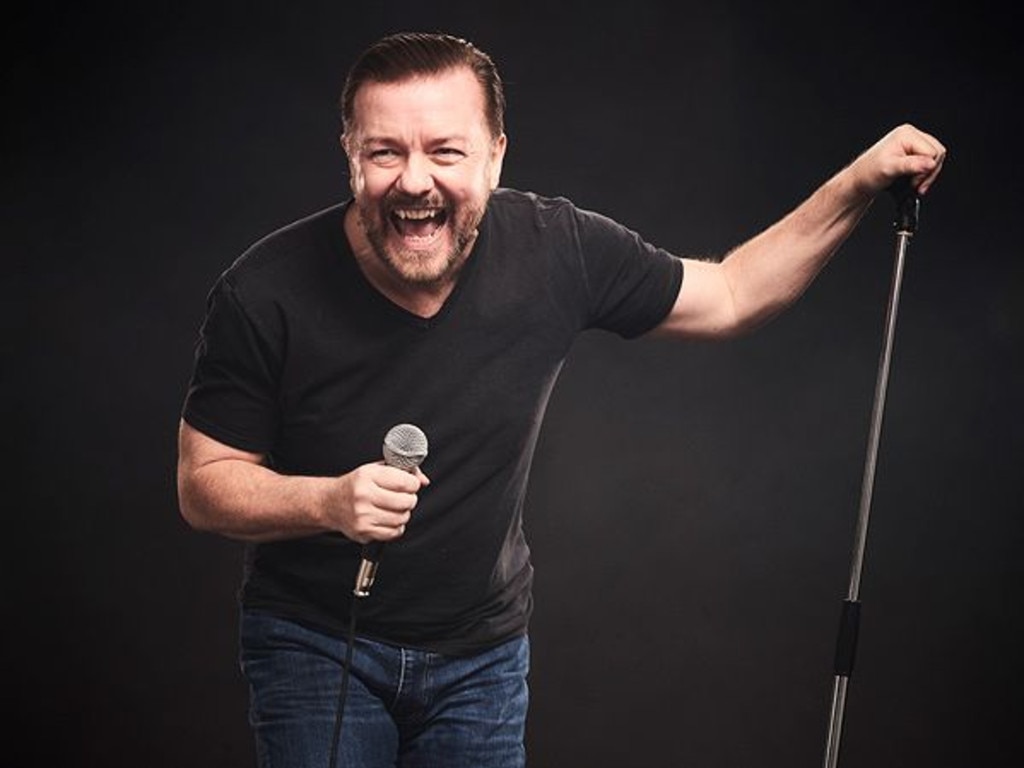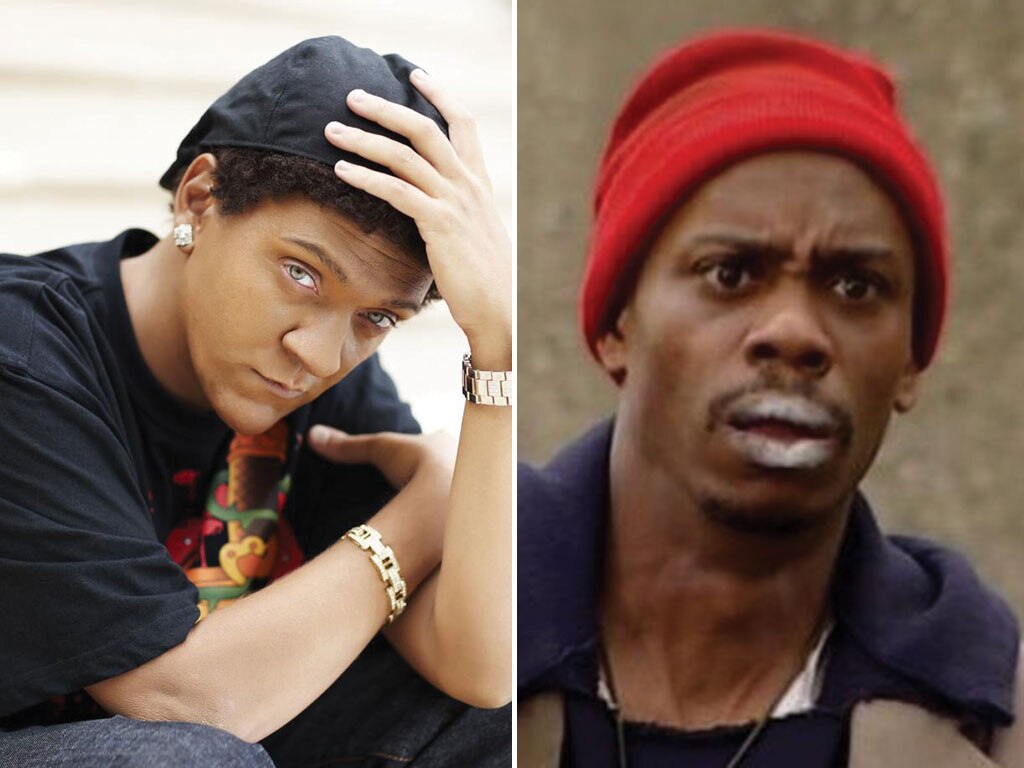Sorry, anti-woke comedians, the joke is on you

The problem is well illustrated by Ricky Gervais’s new Netflix show Armageddon, advertised as featuring “controversial takes on political correctness and oversensitivity”. What it turns out to offer is such kindergarten-standard material as the observation that a slug is just a snail without a shell, along with a great deal of cheerfully underdeveloped controversy-baiting (eg homeless people are “f***ing horrible").
Inevitably, much of the reaction to Gervais’s show consisted of rote lamentations about his offensiveness towards various communities: migrants, the disabled, the homeless, dwarfs, trans people, children with Aids. The fashionable notion that “punching down” at the less privileged is never funny has been much repeated - a nice idea, but one that can be believed in only by those who do not understand human nature. The problem is not so much that the material is outrageous. Rather, it is that it is not outrageous enough.
Gervais’s audience certainly wasn’t outraged. Every shot of the stalls showed contented, cheerful faces. Jokes about dwarfs and Aids sufferers were exactly what they had turned up for. And were Gervais’s enemies outraged? I mean: were they really shocked, upset and discomfited? Or did these jokes provide cosy confirmation of what they already believed: that Gervais is a bad man and that his shows are a reliably fruitful occasion for righteous huffing and puffing on social media?
In Armageddon Gervais dedicates a lot of his act to anticipating the furore his jokes will cause. Chappelle and Jimmy Carr have also got into the habit of providing running commentary on how their material will be received - “I am going to get cancelled”, “What I’m saying onstage tonight is barely acceptable now. In ten years’ time, f***ing forget it.”
But much of the pleasure of comedy is the frisson of unexpectedness. I’m not sure that a comedian should be able to predict so reliably how the material will land: you guys will love this, those other idiots will hate it.
The blandness of ostensibly outrageous comedy was illustrated by the furore in 2022 over a joke Carr made about the Holocaust. After much prefatory self-congratulation about his own daring, he told his audience: “When people talk about the Holocaust they talk about the tragedy of six million lives being lost to the Nazi war machine, but they never mention the thousands of Gypsies killed by the Nazis ... because no one wants to talk about the positives.”
Well, it’s not my kind of humour. And, as Carr expected, the comment was ferociously condemned online. The overlooked detail was that Carr’s “cancellation” did not happen until a couple of months after the joke was first broadcast on Netflix. Millions of his fans watched it without a murmur of complaint - it was merely the sort of thing you expect to hear Carr say.
It was only when a clip found its way on to social media, out of context, that it inspired any protest. If millions of people heard the joke without feeling moved to object, how outrageous was it really?

Comedy nowadays divides along partisan lines. Comedians on both sides of the woke/anti-woke divide can play at being offensive and countercultural while remaining confident they are at no risk of alienating any of their fans. But comedy should discomfit us. A really “edgy” comedian will make an audience hear things it doesn’t want to hear. Sitting comfortably in your chair fondly imagining how uncomfortable these jokes would make someone is not the same at all. It is dangerously close to smugness.
Indeed, one of the ironies of the worst anti-woke comedy is how closely it has come to resemble the thing its practitioners profess to despise. The dreariest aspects of the “woke” movement are partisanship, outrage, victimhood and an obsessively political view of the world. But just as politically correct comedians trade on stories of their own oppression, anti-woke comedians now delight in referencing their own cancellations - Gervais and Chappelle’s shows are full of tales about people who have attacked them on the internet and in real life.
And just as wokeness demands that every statement should be judged by how politically correct it is, so many anti-woke comedians have come to accept the same framing, but inverted: every joke is judged not by how funny it is but by how politically incorrect it is. The outrage of woke comedians at the immorality of their enemies is echoed by the ceaseless outrage of anti-woke comedians at the absurdity and stupidity of their enemies.
Comedy should offend. Comedians should speak freely. Political correctness is often absurd. But offensiveness is not synonymous with wit. And the best comedy is anarchic, not partisan. Surprising, not predictable. The antidote to an age of political polarisation and outrage is not more of the same. That men as talented as Chappelle and Gervais have succumbed to the temptation is a testament to just how powerful those forces are.







The prodigious absurdities of 21st-century political correctness should have produced a golden age of comedy. Taboos, hypocrisies, pieties, the frisson of the unsayable - these are the comedian’s traditional treasures. But the golden age has not arrived. Though “anti-woke comedy” is now an established and lavishly profitable sub-industry of the entertainment business (Dave Chappelle can command more than dollars 20 million for a Netflix special; Joe Rogan is the most popular broadcaster in the world in any medium), it suffers an important defect: much of it is not very funny.